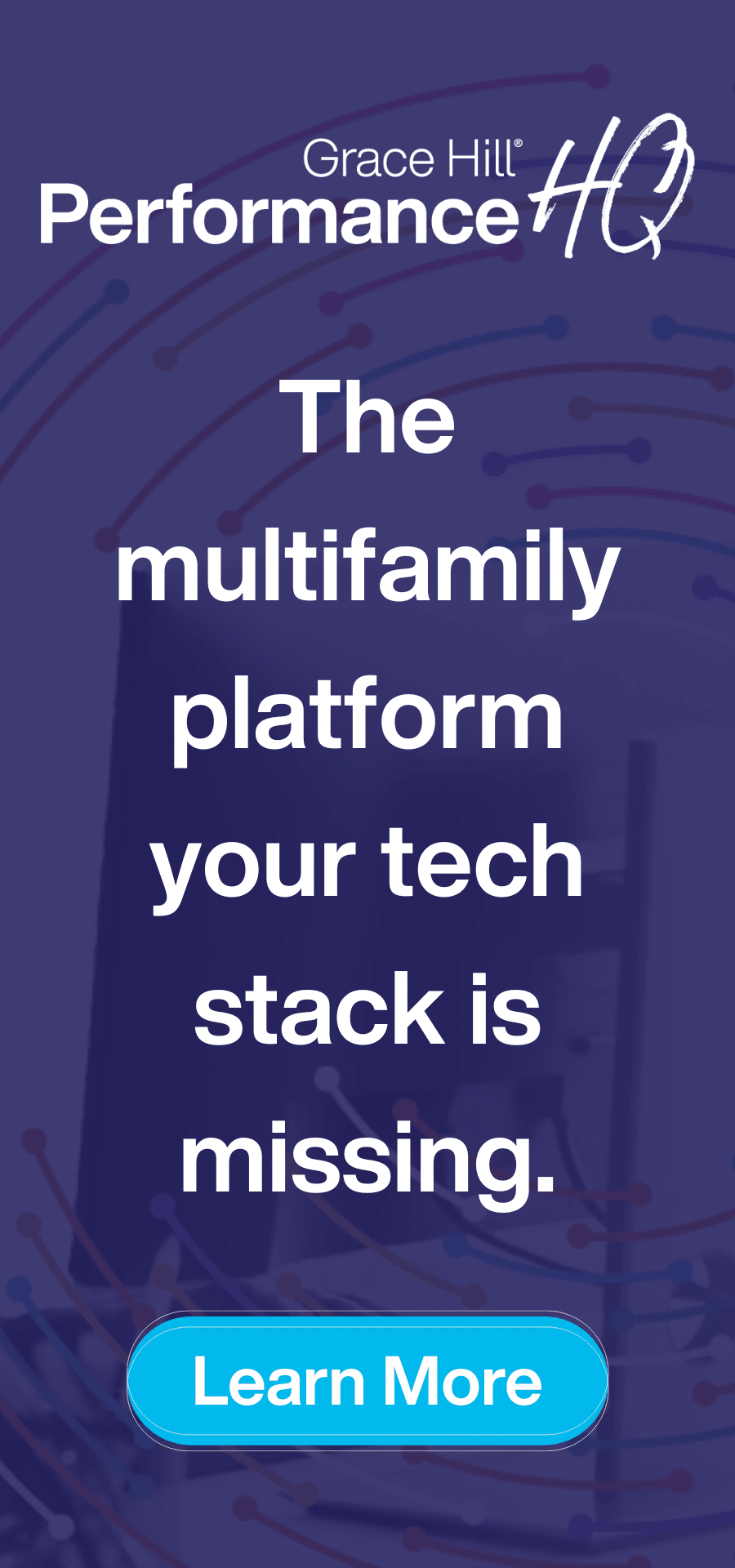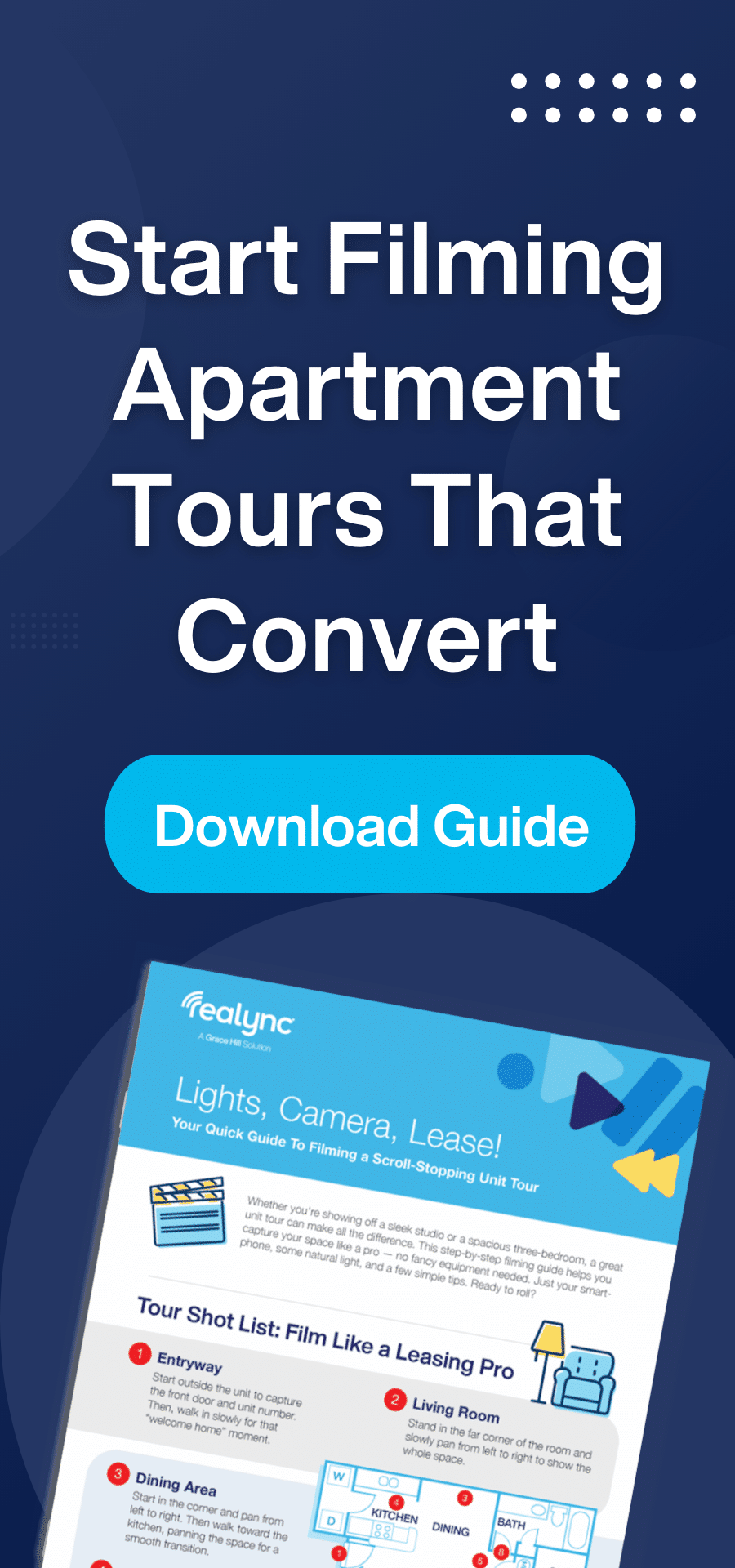Imagine finding your dream apartment but then being rejected by an Artificial intelligence (AI) algorithm with a hidden bias. This reality is the potential downside of AI in multifamily real estate housing.
Fueled by the success of ChatGPT, a wave of new AI services like Gemini and Jasper are flooding the market. With an estimated 1.5 billion people already using chatbots and 16% of employees incorporating AI tools like ChatGPT into their work, it’s clear that AI has a significant impact.
While AI tools like ChatGPT offer exciting possibilities for streamlining processes and personalizing the resident experience, concerns about Fair Housing compliance loom large.
This blog explores the potential pitfalls of AI in multifamily real estate housing and strategies to mitigate them, ensuring everyone has access to Fair Housing.
Jump to a Section
- The Peril of Unconscious Bias
- Mitigating Bias in AI Tools
- The AI Bill of Rights: A Ray of Hope?
- The Need for AI Guidelines
- Build a Fair Future With Grace Hill
The Peril of Unconscious Bias
It’s like teaching your friend how to play a new game using an outdated rulebook. Your friend might learn the wrong way to play the game without realizing it.
This scenario can happen with AI. Unfortunately, the historical data used to train AI algorithms often reflects societal biases. AI algorithms can then amplify these biases, leading to discriminatory outcomes, even when the person using these tools does not intend to perpetuate such biases.
A 2022 University of Southern California study found nearly 40% of “facts” used by AI are biased, supporting inaccurate stereotypes based on factors like race, gender, and occupation.
In multifamily housing, this can be particularly harmful. An AI tool analyzing rental history could penalize individuals from high-eviction zip codes, even if the applicant has a perfect record. This perpetuates existing housing disparities and violates Fair Housing laws.
Mitigating Bias in AI Tools
AI can be a great tool, but it’s important to work with fairness in mind. Here are some key strategies to avoid bias when using AI for your multifamily business:
- Scrutinize training data: Before implementing any AI tool, thoroughly analyze the data it’s trained on and remove any biases that could lead to discriminatory outcomes. Doing so might involve working with diverse data sets and consulting Fair Housing experts.
- Let humans make the final call: Don’t let AI make final decisions alone. Human team members should review every process to ensure fair and balanced decision-making.
- Use transparent tools: Choose AI tools that offer transparency and explainability in their decision-making processes. This allows you to identify and address any potential biases in the system.
The AI Bill of Rights: A Ray of Hope?
In October 2022, the White House released the AI Bill of Rights, a set of principles (not laws) designed to promote responsible AI development. These principles focus on fairness, non-discrimination, and accountability, offering a promising framework for ethical AI use in multifamily housing and other sectors.
While not legally binding, the AI Bill of Rights encourages developers to consider potential AI harms and design systems that are fair, accountable, and respectful of people’s rights. This initiative reflects growing concerns about AI’s impact and could pave the way for future legislation promoting responsible AI use.
The Need for AI Guidelines
While a recent Business.com study shows significant employee adoption, particularly among upper management (who are three times more likely to use it than non-managers), a vast majority (83%) of U.S. employers lack clear guidelines for AI usage.
Because ChatGPT and other AI chatbots can generate biased and legally questionable content, multifamily employees must exercise caution when using such tools. Regardless of your business’s stance on AI, establishing clear guidelines ensures everyone understands the rules and promotes responsible technology use.
Build a Fair Future With Grace Hill
AI presents immense potential for the multifamily housing industry, but its ethical application is paramount. By acknowledging the potential for bias, implementing mitigation strategies, and embracing initiatives like the AI Bill of Rights, we can ensure AI empowers, not hinders, fair and accessible housing for all. Remember, technology should be a tool for progress, not a barrier to equal opportunity.
Here at Grace Hill, we’re passionate about helping businesses navigate the complexities of AI and ensure its responsible use.
Our team of experts can partner with you to develop clear AI usage policies, implement robust bias-mitigation strategies, and ensure compliance with emerging regulations. We offer comprehensive training programs to educate your employees on responsible AI practices and empower them to leverage this technology effectively.
Learn how Grace Hill’s solutions can help your multifamily business stay ahead of the curve and ensure Fair Housing for all and download our complimentary policy covering Acceptable Use of Generative AI today.


 Customer Support
Customer Support




